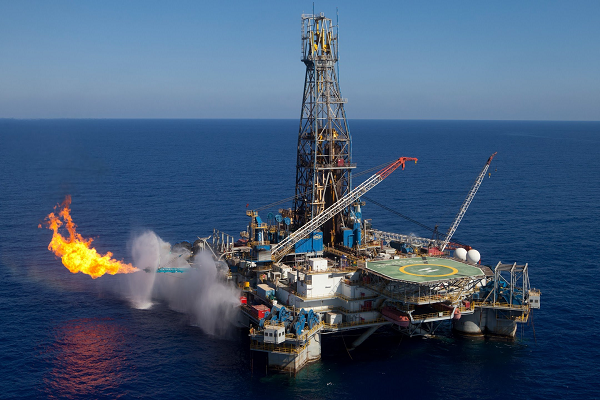Ghana spends GH¢19.90bn in oil revenue on development projects from 2011 to 2024
Since starting commercial oil production in 2011, Ghana has utilised GH¢19.90 billion from its oil revenue, allocated across various priority areas to drive development.
Four major oil companies currently operate in the country, contributing to this revenue stream, which is monitored and reported by the Public Interest and Accountability Committee (PIAC) as part of the Annual Budget Funding Amount (ABFA) from petroleum revenue.
Allocations from 2011 to 2016
Between 2011 and 2016, funds were directed to critical areas including:
• Agriculture Modernisation: GH¢238.68 million
• Roads and Other Infrastructure: GH¢1.58 billion
• Ghana Infrastructure Investment Fund (GIIF): GH¢257.08 million
• Loan Amortisation: GH¢874.55 million
• Capacity Building Programs: GH¢358.00 million
• PIAC Operations: GH¢0.97 million
This totalled GH¢3.31 billion in oil revenue spent during this period.
Allocations from 2017 to 2019
In the next phase, from 2017 to 2019, priority was given to:
• Education Infrastructure and Service Delivery: GH¢1.9 billion
• Roads, Rail, and Critical Infrastructure: GH¢876.25 million
• Health Sector Infrastructure and Services: GH¢77.70 million
• Agriculture: GH¢246.83 million
• GIIF: GH¢29.22 million
• PIAC Operations: GH¢7.78 million
The total allocation for this period was GH¢2.43 billion.
Allocations from 2020 to 2022
Between 2020 and 2022, oil revenue spending rose to GH¢9.04 billion, with allocations as follows:
• Industrialisation: GH¢57.35 million
• District Assemblies Common Fund (DACF): Not specified
• PIAC Operations: GH¢10.41 million
• Agriculture: GH¢184.21 million
• GIIF: GH¢933.98 million
• Roads, Rail, and Critical Infrastructure: GH¢5.37 billion
• Education and Health Infrastructure and Services: GH¢2.35 billion
Allocations for 2023 to 2025
For the ongoing 2023–2025 period, GH¢5.12 billion has been disbursed in 2023, with the following allocations:
• Agriculture (including Fisheries): GH¢431.59 million
• Industrialization: GH¢5.82 million
• Education and Health Infrastructure and Services: GH¢894.26 million
• Roads, Rail, and Critical Infrastructure: GH¢3.78 billion
• PIAC Operations: GH¢4.46 million
This brings the total oil revenue spent by Ghana to GH¢19.90 billion over these years.
Challenges in Petroleum Fund Utilisation
PIAC’s Coordinator, Isaac Dwamena, highlighted challenges such as expenditure extending beyond designated priority areas, mixing ABFA projects with other funds, and discrepancies between priority areas and Ghana’s long-term development goals. He expressed concerns over insufficient fund allocations for achieving balanced, nationwide development.
The Petroleum Revenue Management Act mandates that ABFA spending should maximise economic development, ensuring balanced growth across all regions.
PIAC recommends that “effective governance is critical to ensure that these objectives are met.”



